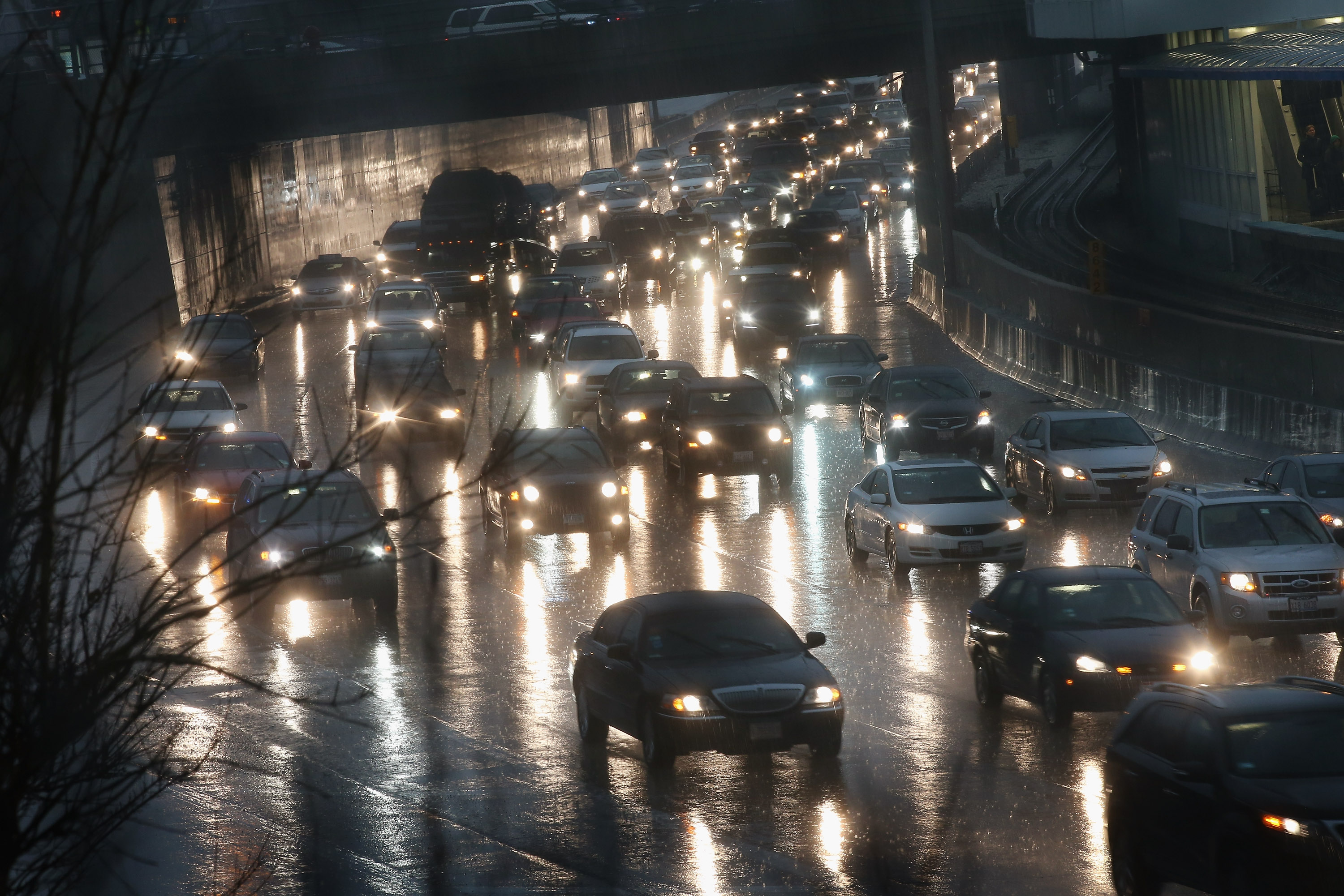Under a new law in 2024, nearly all workers in the state of Illinois will officially be guaranteed at least one week of paid leave, but things are different for those who live in Chicago and Cook County.
Ordinances in Cook County and Chicago already require employers to offer paid sick leave, and workers in those locations will continue to be covered by the existing laws rather than the new bill.
The Chicago and Cook County ordinances served as pilot programs for the statewide legislation, and assuaged critics who predicted mass business closures that didn’t come to fruition, said Sarah Labadie, director of advocacy and policy at Women Employed, a nonprofit that has fought for paid leave since 2008 and helped push through the legislation.
But both have been the subject of some changes in recent weeks.
Feeling out of the loop? We'll catch you up on the Chicago news you need to know. Sign up for the weekly Chicago Catch-Up newsletter here.
Here's a breakdown:
Chicago
In Chicago this week, City Council passed a "trailer ordinance" amending its paid time off rules to "provide additional implementation time and flexibility for employers."
Local
Chicago's ordinance already mandates that all Chicago businesses provide paid sick leave to employees and any employee who works at least 80 hours for an employer in Chicago within any 120-day period is covered. Under the ordinance, for every 40 hours worked, an employee accrues one hour of paid sick leave, up to 40 hours.
But City Council in November passed what it described as "the most progressive paid time off legislation at the municipal level in the United States." The legislation guarantees up to five days of paid time off and five days of sick for all workers.
A trailer ordinance, however, passed this week, pushing the effective date of the new rules to July 1, 2024, ", giving employers an additional six months to understand, prepare for, and implement the new law."
“I am proud to have worked with employers and workers’ rights organizations to craft a compromise deal that delivers the most progressive paid leave policy in the nation, and today’s trailer ordinance will ensure that employers have sufficient time to understand and comply with the law,” Mayor Brandon Johnson said in a statement. “Workers should have the basic dignity of time off to care for themselves and their families. This law will strengthen our workforce, our businesses, and our entire economy while providing the flexibility our employers need to implement by a change of this magnitude. I applaud the City Council for continuing to engage on this issue to address these outstanding concerns.”
Cook County
Similarly, in Cook County, changes were passed this week surrounding the suburban county's paid leave ordinance.
The Cook County Board of Commissioners passed what it described as "significant amendments," which take effect on Dec. 31.
At that time, the county's ordinance will ensure employees:
- Earn at least one hour of paid leave for every 40 hours worked for your employer in Cook County; and
- Can use paid leave for any reason of the employee’s choosing.
"This represents a significant shift, as the Earned Sick Leave Ordinance previously outlined conditions during which earned sick leave could be used (e.g., when you or a family member are ill, receiving medical care, etc.)," Cook County Board President Toni Preckwinkle's office said. "Paid leave, by contrast, can be used for any reason, providing more flexibility to employees in Cook County to take time off."
The county changes help to align more with the state.
Illinois
As part of the Paid Leave for All Workers Act, nearly all Illinois employees will be eligible for a minimum of 40 hours of paid leave per year. Employers can offer more if they choose to do so.
"Working families face so many challenges, and it's been my mission to alleviate all those burdens in every way that I can," Gov. J.B. Pritzker said when he signed the bill earlier this year. "Too many people can't afford to miss even a day's pay. But then crises arise, sometimes seemingly small, sometimes catastrophic, and they live in fear of losing income vital to their family's survival or other repercussions at work."
Employees can start using the time once they have worked for 90 days, the legislation says. That means that starting on March 31, 2024, or 90 days after they begin their employment, workers can begin using their earned time off for any reason without the requirement of providing documentation to their employer, according to the Illinois Department of Labor.
Unlike similar bills in other states, the expansive paid leave legislation requires Illinois employers to give workers time off based on hours worked, to be used for any reason -- not just for health reasons.
"If the use of leave is unforeseeable, an employee is directed to provide notice as soon as practicable," a release from the Illinois Senate Democrats states.
The legislation also says that unused paid leave must carry over annually, up to 40 hours, but that "employers are not required to cash out the balance of an outgoing employee's paid leave," the release continues.
"Employers that violate the act would be subject to penalties, including fines and compensatory damages for the affected employee," the bill says.
Seasonal workers, such as lifeguards, will be exempt, as will federal employees or college students who work non-full-time, temporary jobs for their university.
SB 208 will officially take effect on Jan. 1, 2024.



